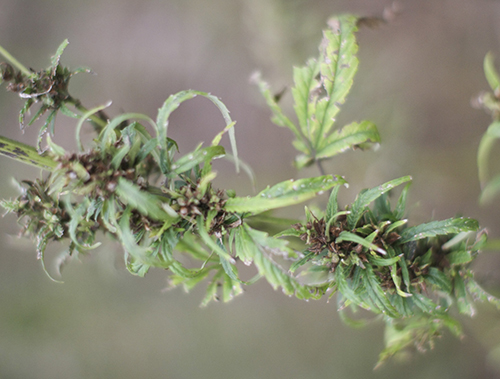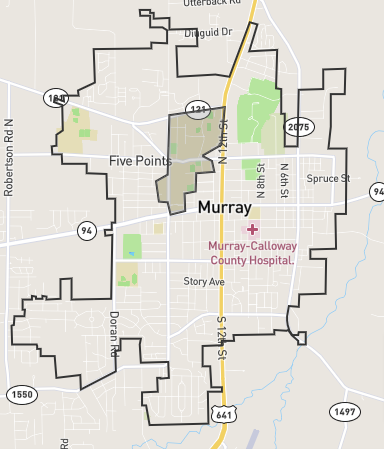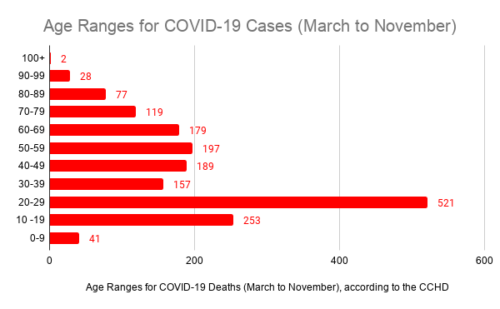
Murray State’s hemp crop was harvested Wednesday with good and bad results.
“If you grow it, they will come,” said Chris Nelson from Marshall, Mo., standing in the remains of Murray State’s hemp crop, which was harvested Wednesday.
Nelson is one of many who attended the Hutson School of Agriculture’s pre-session to the second National Bioenergy Day celebration.
Nelson periodically traveled between Murray and Marshall since the hemp was first planted in May, taking pictures and gathering information on the growing process. He said his interest will hopefully inspire similar operations in his home state.
Local Kentucky farmers interested in growing hemp, state officials from the Kentucky Department of Agriculture and University faculty and staff curious about the results of hemp efforts also attended the pre-session.
Tony Brannon, dean of the Hutson School of Agriculture, said the Huston School decided to host the pre-session because of the large amount of press the project has generated in the state and the nation.
Murray State’s research, as dictated by the Kentucky Department of Agriculture, concerned the effect row widths and planting populations would have on the yield of the crop.
Planting populations of 25 and 40 pounds were planted in a 1.5 acre plot behind the Murray State Equine Center at West Farm using 7.5, 15 and 20-inch rows. Seeds were planted May 12 and again June 12. The latter crops were primarily left to be harvested this week.
Brannon said the University’s findings could be summarized as, “the good, the bad and the ugly.”
The good: in growing hemp, Murray State found that the largest yields were brought about by seeds that were planted without being tilled. The hemp grew fast in Kentucky’s climate, going from waist-height to shoulder-height in a week’s time, with some plants growing to be as large as 10-12 feet. The average height for the plants was 8-9 feet, and those planted in June were much shorter.
The bad: the University’s hemp crop did not germinate well in a traditional seed bed, tilled and packed with soil or in rainy conditions. Brannon said the school’s lack of knowledge of “when to do what and how” contributed to many of the adverse findings, but these were learning experiences as well.
The ugly: “It’s an ugly plant,” Brannon said. “It’s just not a pretty plant in maturity.”
However, the Hutson School of Agriculture had more to celebrate than bioenergy and the completion of its hemp harvest Wednesday.
During his pre-session presentation, Chris Boucher, vice president of Agricultural Hemp for U.S. Hemp Oil, a division of CannaVest, gave the Hutson School of Agriculture a check for $10,200. This money represented two non-recurring $3,600 undergraduate student work fellowship scholarships and a $3,000 stipend for the cost of its work.
CannaVest was responsible for supplying Murray State with the hemp seeds as well as those used at Eastern Kentucky University. The company specializes in developing, producing, marketing and selling hemp-based compounds and products and is based out of California.
“I think in the long term we can provide jobs and product (in Kentucky) and, most importantly, get more people involved in the agricultural hemp industry,” Boucher said.
He said in the next one or two years, CannaVest will begin the construction of several processing mills for cleaning seeds and wrapping hemp fibers for delivery, and a larger main factory in Kentucky. To sustain a hemp-growing business, he said they would need to grow a minimum of 10,000 to 20,000 acres of hemp by contracting out local farmers.
Following the presentations, the last of the hemp crop was harvested in a demonstration using machines donated by the AGCO Corporation, an agriculture equipment company based in Deluth, Georgia.
The Hutson School of Agriculture will compile its findings for the Kentucky Department of Agriculture for a presentation in December along with the other Kentucky universities who conducted research . A final report will be submitted to the Kentucky Department of Agriculture in March.
Story by Ben Manhanke, Staff writer


































































































Tammy Weathers Dysart • Oct 29, 2014 at 1:11 am
i went to been a hemp farmer … in NC
Richard Wayne Small • Oct 28, 2014 at 11:16 pm
Gas, oil,timber industry, cotton industry etc.
Dane Locke • Oct 27, 2014 at 8:53 pm
The only reason hemp isn't legal , Dupont .
Hemp Seeds • Oct 25, 2014 at 6:07 pm
A hihly nutritious miracle plant that can save the world yet is treated as a villain…. go figure